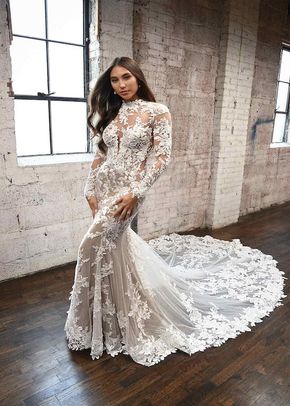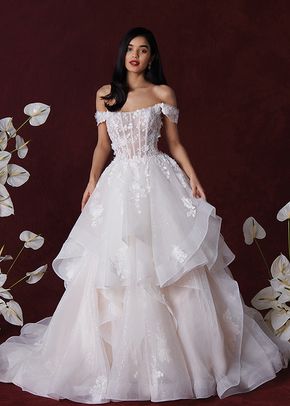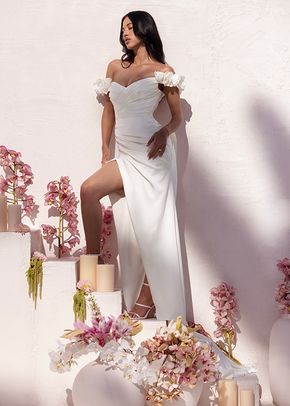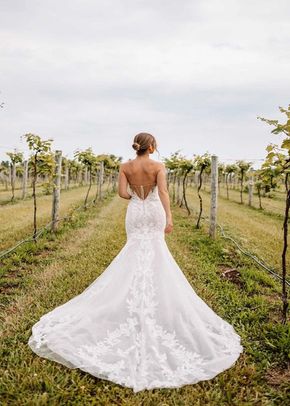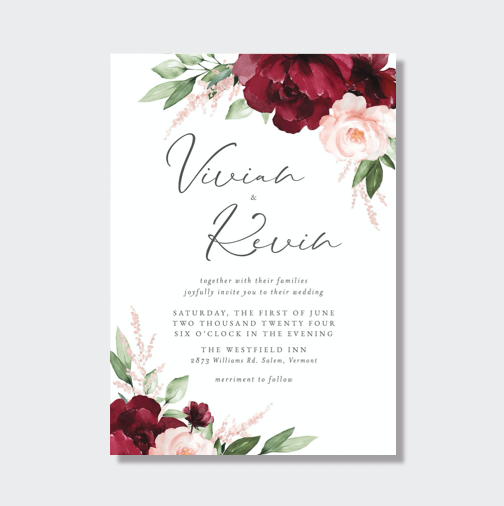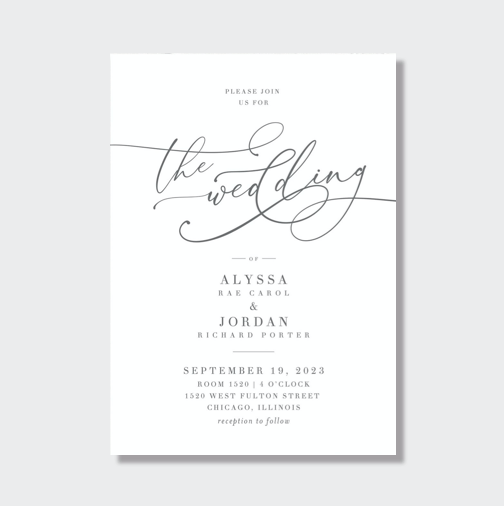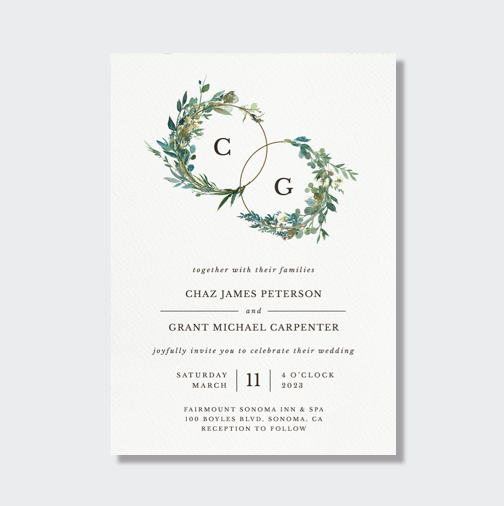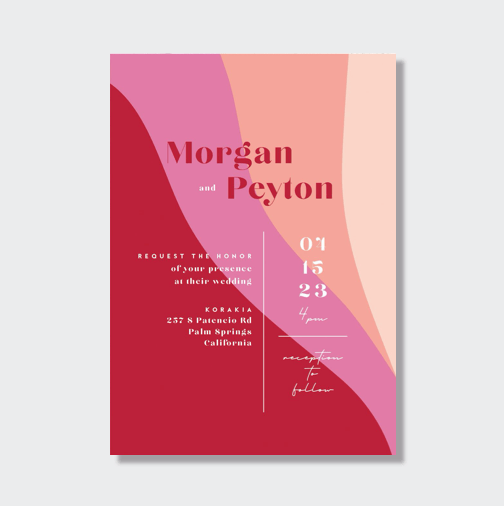I know the "Mr. and Mrs. John Smith" is outdated and should now include both of the couples' first names, but should the woman still be "Mrs"? How did everyone else do it? I don't want to unintentionally offend anyone!
Post content has been hidden
To unblock this content, please click here
Related articles
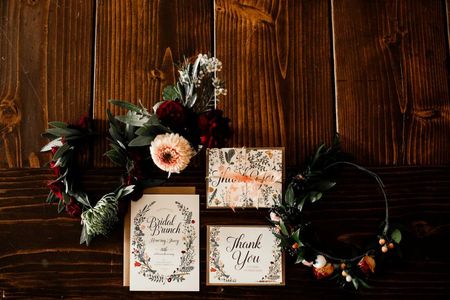
Bridal & Wedding Showers
The Bridal Shower Invitation Etiquette You Need to Know
Use this guide to bridal shower invitation wording and etiquette when it's time...
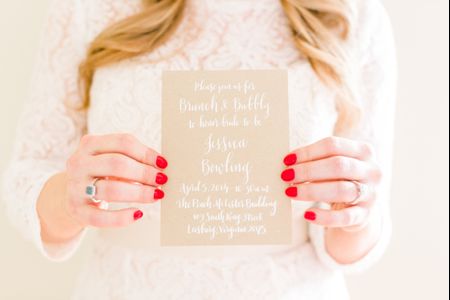
Bridal & Wedding Showers
All the Bridal Shower Etiquette Tips You Need to Know
If the thought of proper bridal shower etiquette makes you roll your eyes, don't...
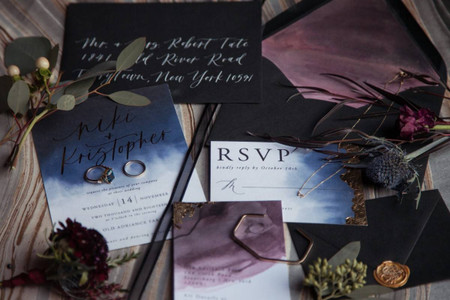
Wedding Guests
When Is It OK to RSVP No to a Wedding? Etiquette Experts...
If you're not close with the couple, you're not obligated to attend a wedding....


